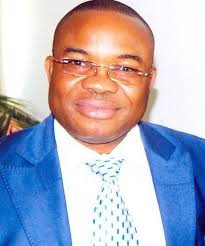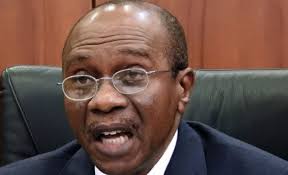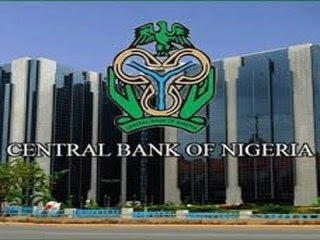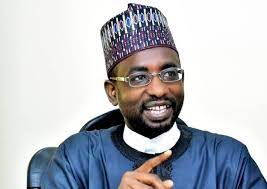The National Association of Nigerian Traders (NANTS), the Economic Community of West African States (ECOWAS) and other organizations committed to agricultural sector growth in the continent today charged journalists to do more in awareness creation on the sector’s policies and programmes’ monitoring and evaluation (M & E) in order to improve its performance.
Leaders of the various organizations at the Training and Capacity Building Workshop on Agricultural Policy Instruments for Media Organisations organized by NANTS in Abuja, specifically believed that if journalists commit more time to reportage of policy instruments, they will help in keeping African leaders more committed to implementation of policy instruments to which they are signatories.
This, they argued, would also keep the public abreast of areas requiring more attention and making governments in the continent accountable to the people in terms of agric budget spending, environmental sustainability and by implication, manpower capacity building and land management.
In his opening remarks at the workshop which had over 40 journalists as participants, the NANTS National President, Barrister Ken Ukaoha, linked the poor budgetary allocation and lack of commitment by African governments to implement most of the ratified agreements and protocols on the agricultural sector to absence of effective monitoring and evaluation of existing policies by the media.
According to him, this is why most of the policy instruments such as the Agriculture Promotion Policy, Comprehensive African Agriculture Programme, ECOWAS Agriculture Policy and the National Agriculture Investment Plan are not impacting positively on the livelihood of the citizenry.
Ukaoha explained: “This training was conceived against the backdrop that agriculture sector remains one of the strongest sectors for job creation, economic diversification and poverty reduction, regrettably, the sector has not been receiving adequate attention.
“NANTS believes that for the media to give agriculture its rightful place, solid understanding of the relevant policy frameworks is fundamental. Such understanding will help media practitioners in demystifying and effectively communicating these instruments and the contents therein to the wider public.
“We are seriously concerned that policies given to us by the political class are not effectively monitored; and if this is the case, how can they deliver on their promises or even have their results evaluated against public investments that are committed therein?
“The media must rise of to the challenge of asking questions on the validity or otherwise of these policies, the effectiveness thereof, their capacity to deliver on the proclaimed principles and objectives of job creation, investment attraction, export stimulation, economic diversification, import substitution, sustainable development, etc..”, the NANTS President added.
Also speaking at the event, an IITA/ECOWAS Specialist on CAAD, Dr Manson Nwafor, said there was the need for a new approach to agricultural sector development in the continent, especially in Nigeria.
Nwafor, who used the target set in the Maputo Declaration for African countries as one of the bases of his analysis, pointed out that it had become imperative for the Nigerian government to provide 10 percent of its annual budget for agriculture.
This, he pointed out, would not only increase agricultural productivity in the country but also help to turn the sector into a tool to reduce poverty by 50 per cent.
In his presentation at the forum, the Head of Agric, ECOWAS, Ernest Aubee, aligned his views with the NANTS President’s position on the strategic importance of agricultural sector to African countries’ food security and inclusive growth, saying that African leaders and people must show more commitment to the development of the sector.
He said: “We need to focus more on developments in the sector if we are to achieve sustainable development in the continent. This is because what agricultural sector can offer in terms of its benefits to the socio-economic well being of the people and our countries we cannot get from other sectors.
“It is important therefore for journalists to focus more on developments in the sector in a sustainable manner. This training will help in knowledge transfer. Agric policy instruments, if properly implemented, holds the key to Africa’s economic growth. Therefore journalists must help to facilitate the debates on agric policies in the public domain.
“As critical stakeholders in the various economies, journalists must ensure that issues that affect the livelihood of the ordinary citizens, environment, climate change and so on occupy special or strategic positions in our newspapers and other media space management. If we do this, we will be helping in moving agricultural policy instruments into a central agenda in government policies in the continent”, the agricultural expert added.
Other representatives of Oxfam, BudgIT, Federal Ministry of Agriculture and Rural Development and the CAADP Journalists Network, who also delivered papers on the existing policies and other commitments like the Maputo Declaration, Nigeria Agricultural Promotion Policy (APP), National Agriculture Investment Plans (NAIPs), also canvassed the need for journalists to do more on the implementation reportage with a view to keeping the public abreast of the levels of their implementation and performances at national and continental levels.




